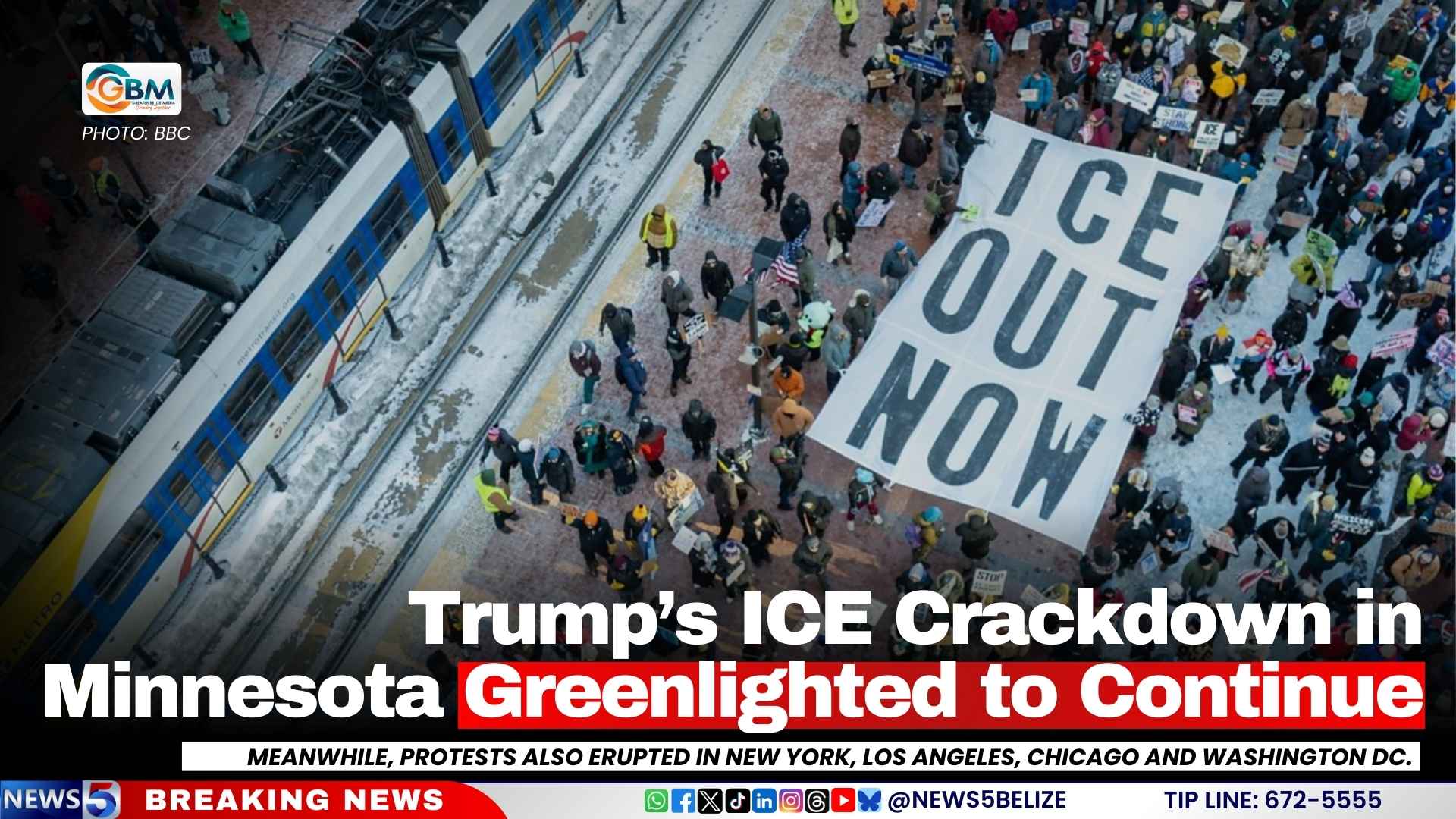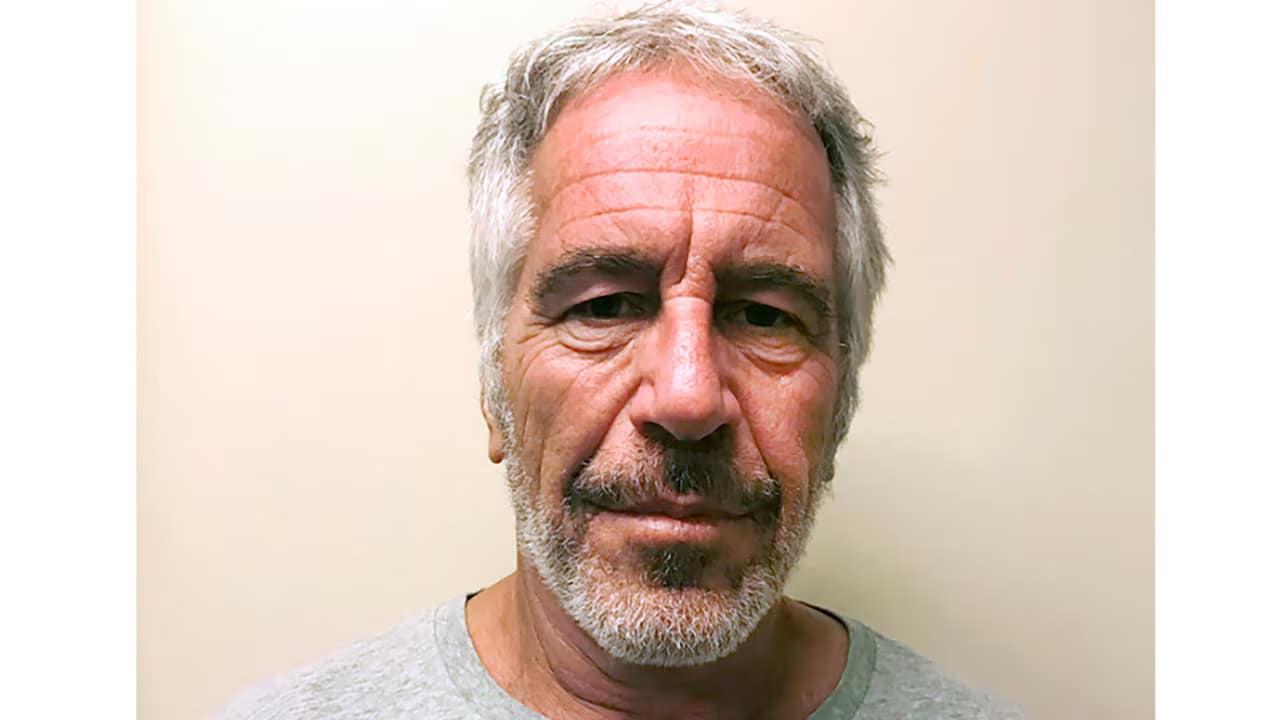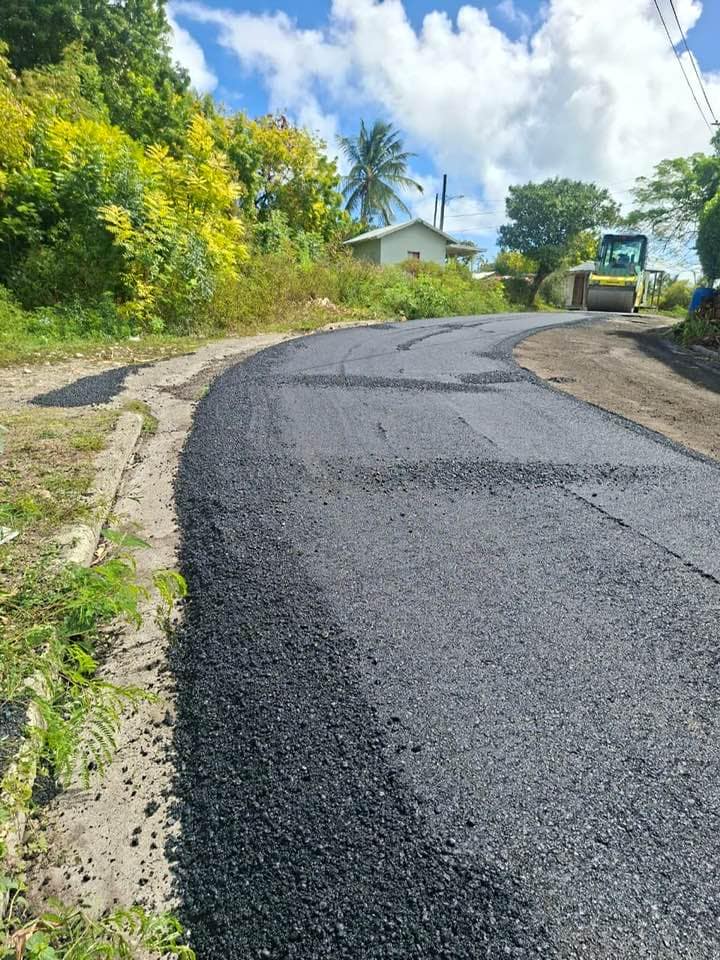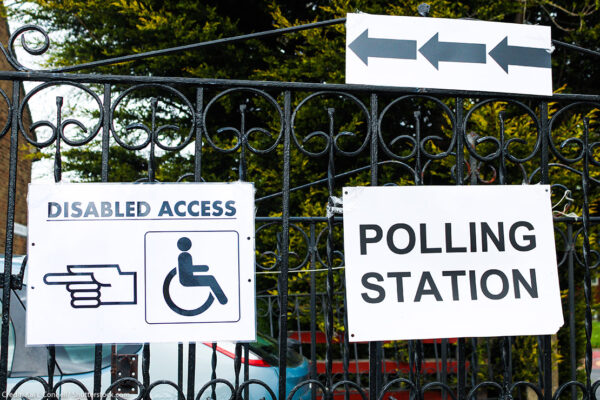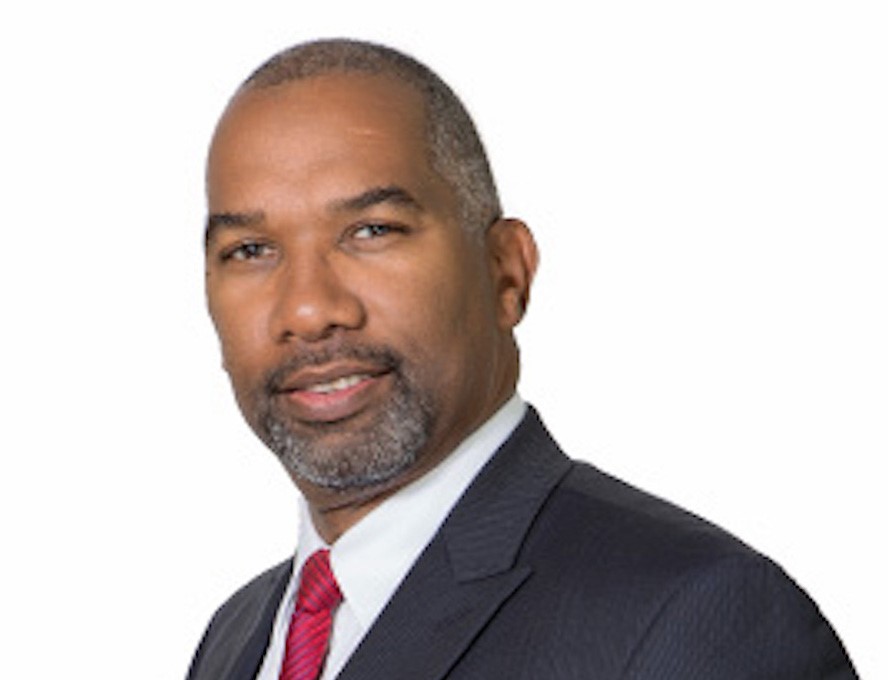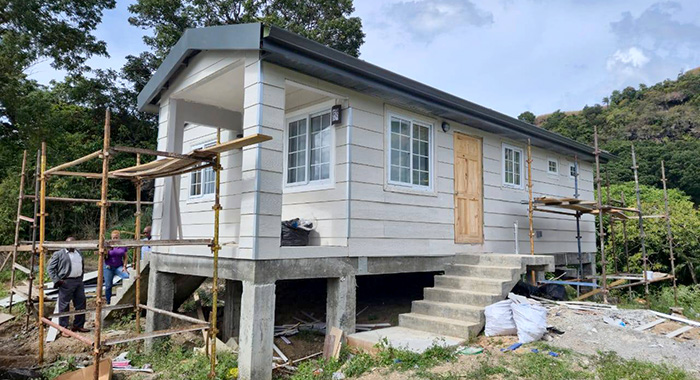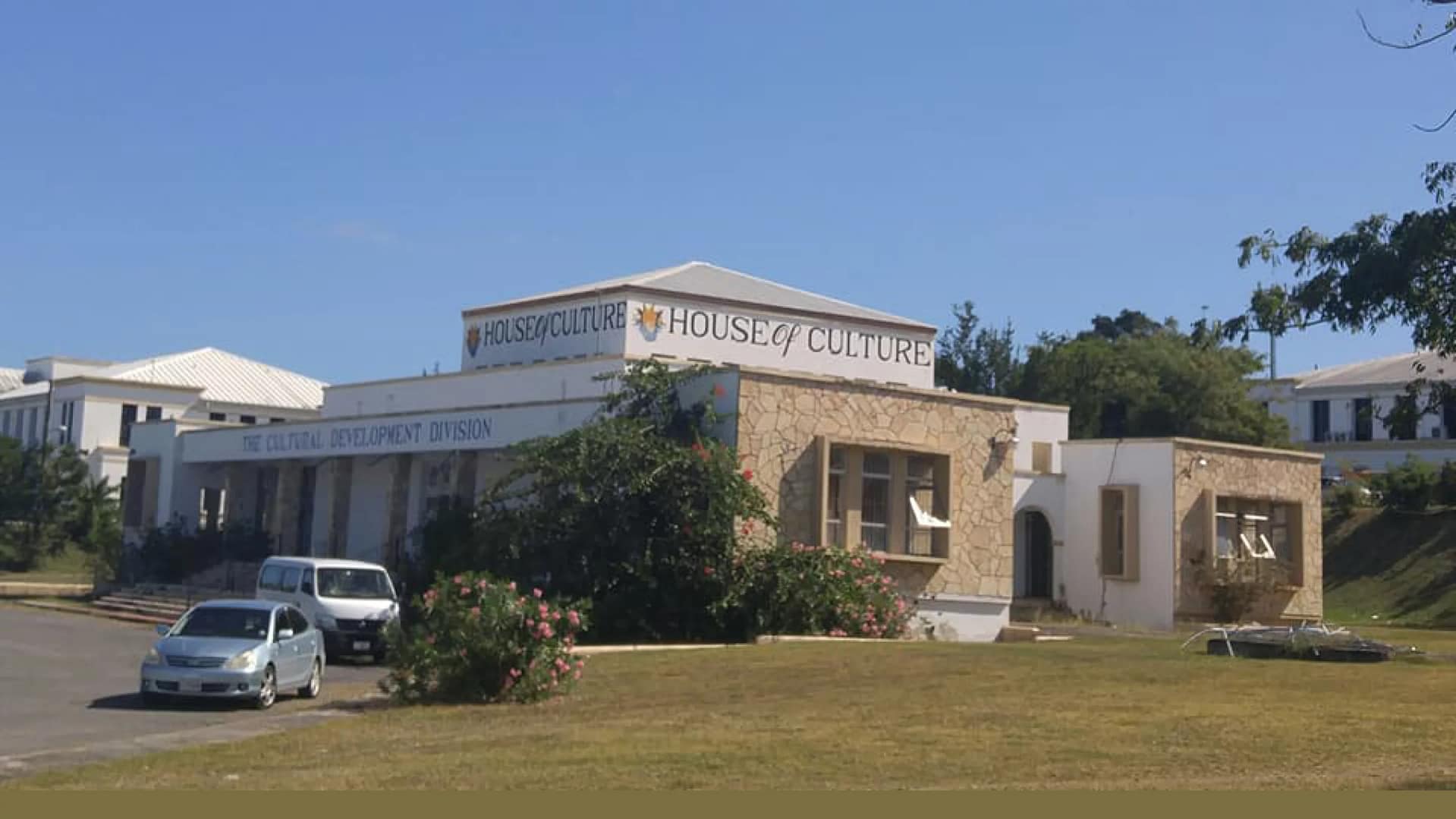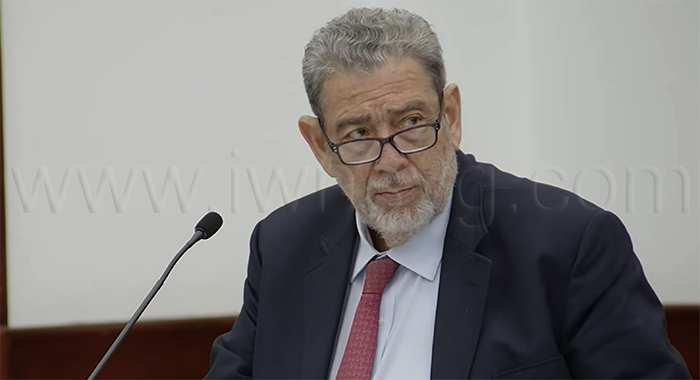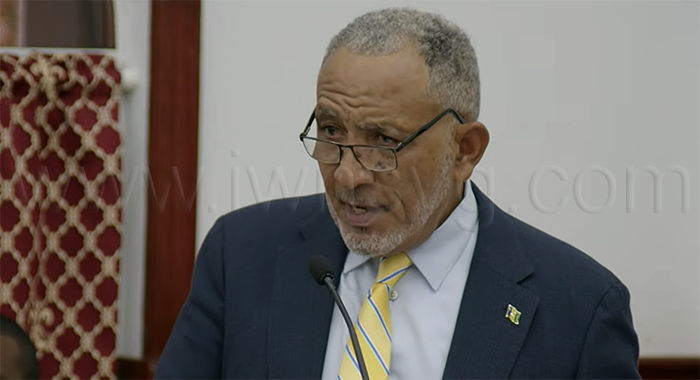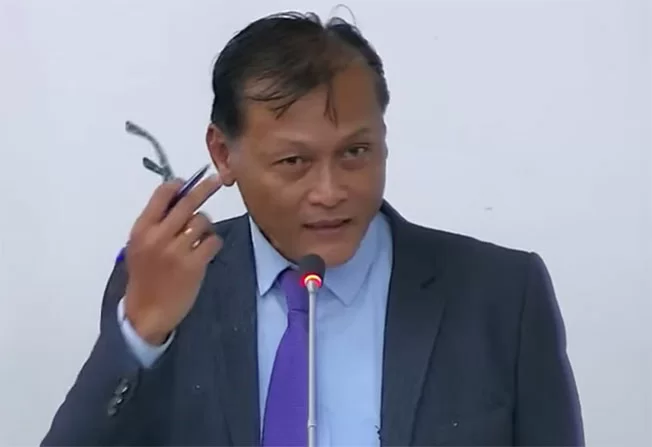A federal immigration enforcement initiative in Minnesota has received judicial authorization to proceed despite mounting public opposition and allegations of civil rights violations. U.S. District Judge Katherine Menendez ruled that halting Operation Metro Surge, an Immigration and Customs Enforcement (ICE) crackdown targeting undocumented immigrants, would constitute undue interference with federal authority.
The court acknowledged the operation’s severe societal impacts, including emptied classrooms, economically strained businesses, and overwhelmed local services. Judge Menendez characterized these consequences as “profound and even heartbreaking” while maintaining that constitutional principles prevented judicial intervention.
Operation Metro Surge has sparked sustained protests across Minnesota, with demonstrators condemning the tactics as a “federal invasion” involving warrantless arrests, racial profiling, and excessive force. The controversy has expanded beyond Minnesota with simultaneous protests emerging in New York, Los Angeles, Chicago, and Washington DC.
The Department of Homeland Security celebrated the ruling as “a win for public safety and law and order.” However, the administration faces additional criticism following the arrests of a former CNN anchor and an independent journalist covering church protests, raising fresh concerns among free speech and press freedom advocates.
The operation continues under heightened scrutiny following two reported fatalities during its implementation, though specific details regarding these incidents remain undisclosed.
